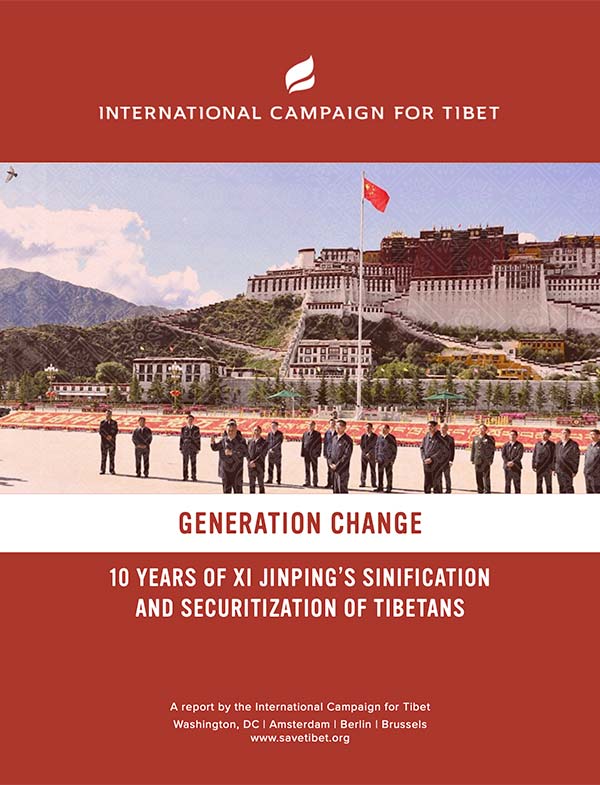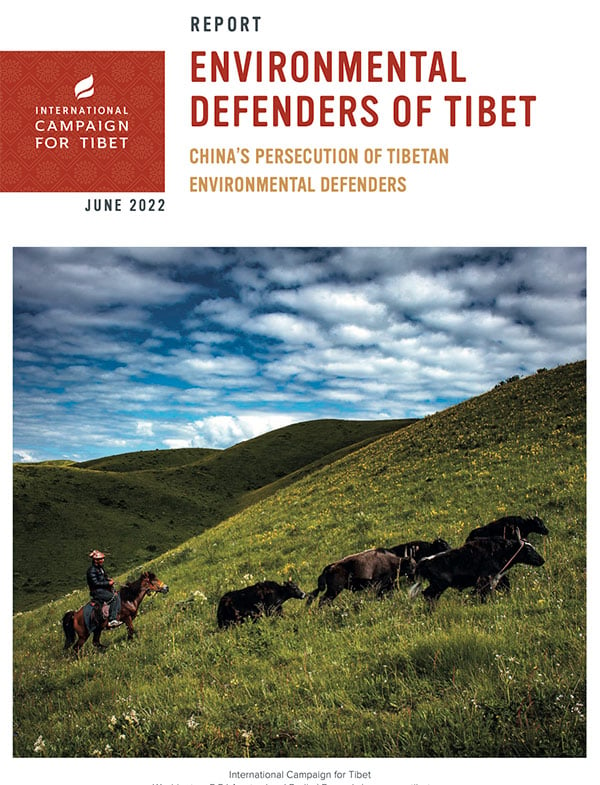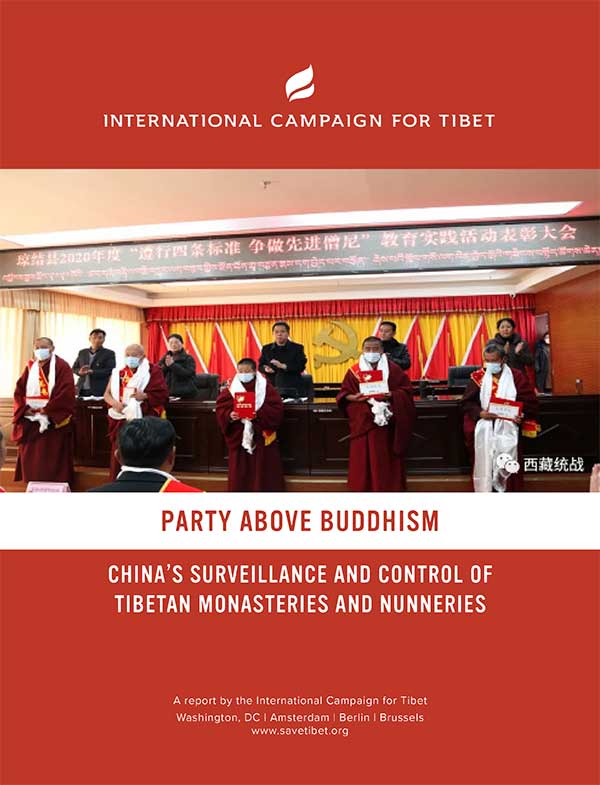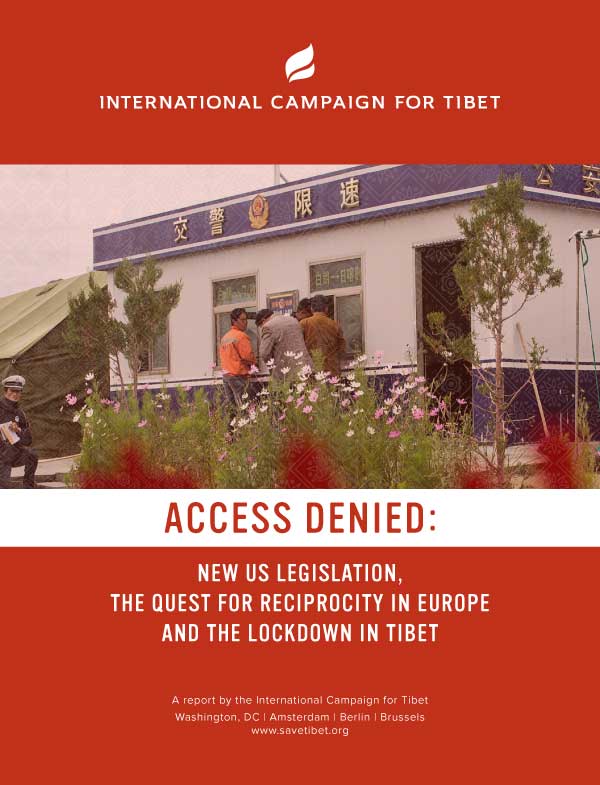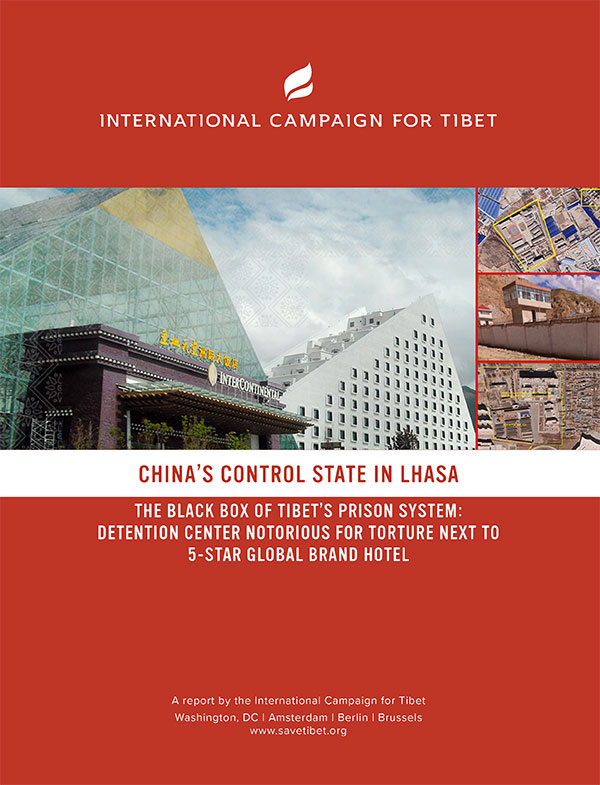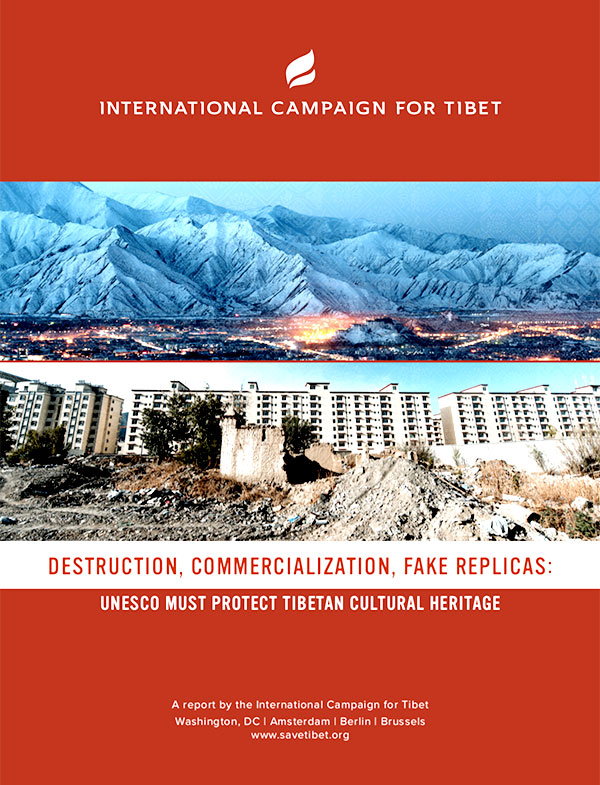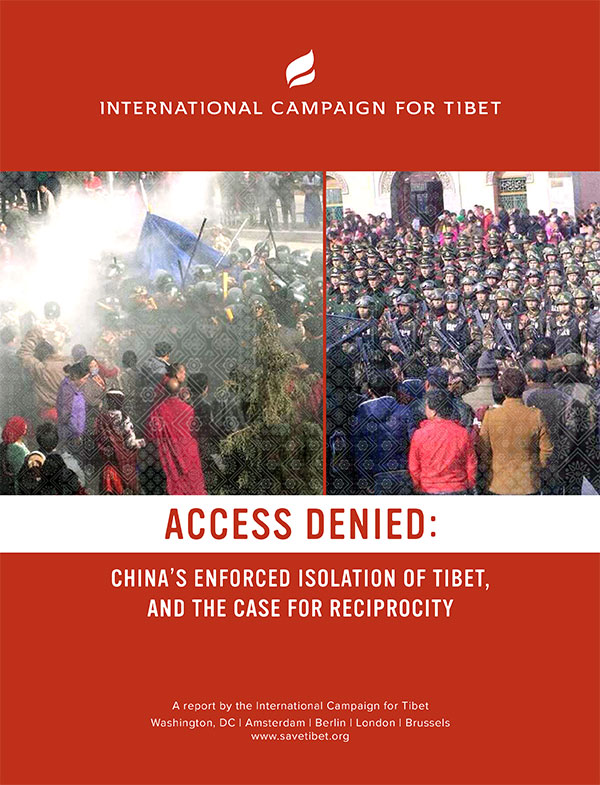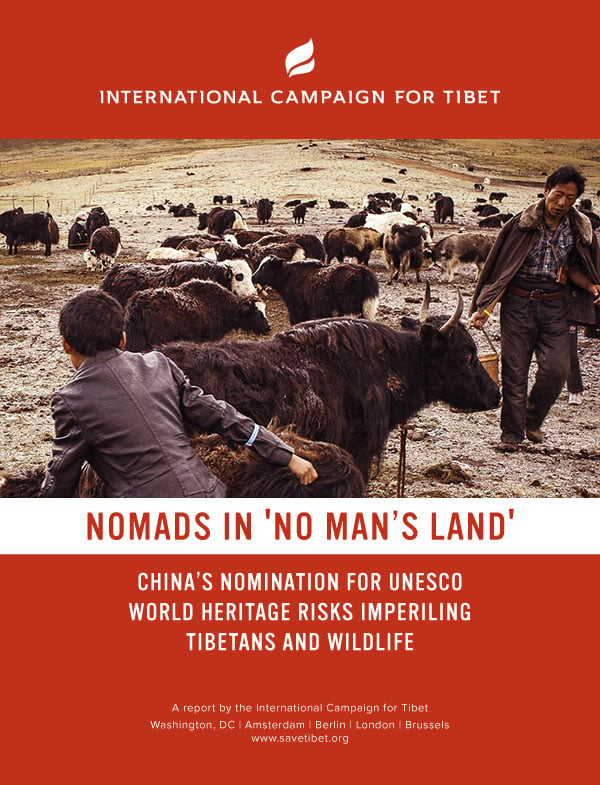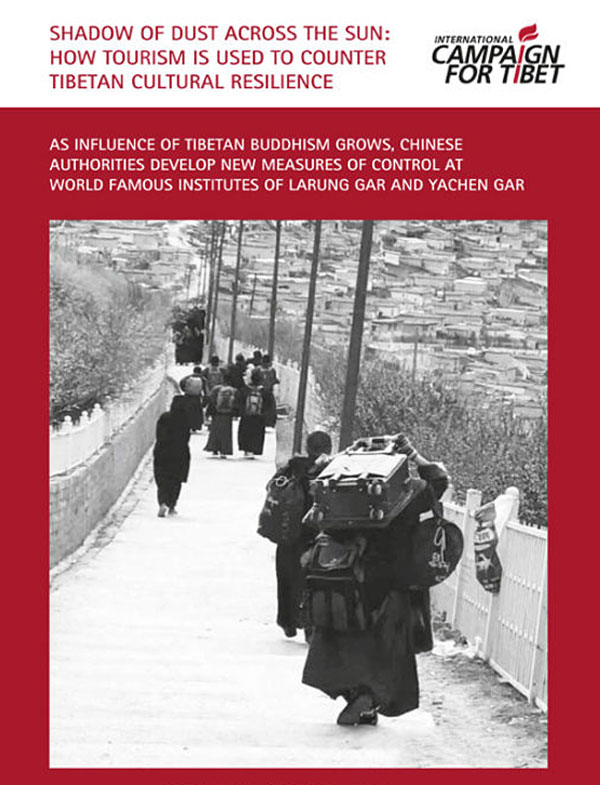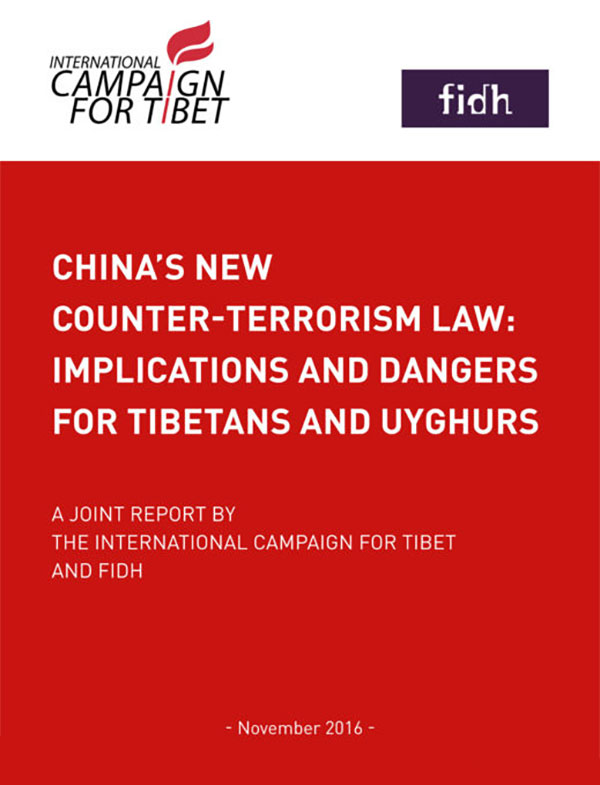NATIONAL PARKS, RURAL REVITALIZATION?
Over the years, under the pretext of uplifting the Tibetan people, Chinese authorities have been using their policy initiatives in Tibet to fulfill their objective of strengthening their hold on them and using Tibet as a resource to meet the needs of ever-increasing Chinese consumer markets. This report focuses on two such policy initiatives, rural revitalization and national parks.
GENERATION CHANGE: 10 YEARS OF XI JINPING’S SINIFICATION AND SECURITIZATION OF TIBETANS
Looking at the past 10 years of Xi Jinping rule (2012-2022), Tibetan optimism about him ushering in a more lenient policy, including a possible solution of the Tibetan issue, was misplaced. Rather, Xi has brought forth a new period of strengthened control.
ENVIRONMENTAL DEFENDERS OF TIBET: CHINA’S PERSECUTION OF TIBETAN ENVIRONMENTAL DEFENDERS
Between 2012 and 2020, approximately 1,540 land and environmental defenders globally were killed. In 2019, an estimated 40% of the 304 human rights defenders killed were environmental defenders.
PARTY ABOVE BUDDHISM: CHINA’S SURVEILLANCE AND CONTROL OF TIBETAN MONASTERIES AND NUNNERIES
In the highly securitized contemporary Tibet, Buddhist monks and nuns form the single largest group assailed by the government of China for their persistent resistance against the state’s destruction of Tibetan culture and identity.
ACCESS DENIED: NEW US LEGISLATION, THE QUEST FOR RECIPROCITY IN EUROPE AND THE LOCKDOWN IN TIBET
The landmark bipartisan Reciprocal Access to Tibet Act (RATA) legislation, signed into law in December 2018, represents an important step towards holding China accountable for its policies on Tibet.
DAMMING TIBET'S RIVERS: NEW THREATS TO TIBETAN AREA UNDER UNESCO PROTECTION
The Chinese government plans to construct large hydropower stations in Tibetan areas, likely to have a negative impact on the environment and to lead to the relocation of thousands of local people.
CHINA'S CONTROL STATE IN LHASA: THE BLACK BOX OF TIBET’S PRISON SYSTEM
Satellite images show how China has remade Tibet’s capital as a hub of hyper-security while increasing tourism at the same time.
DESTRUCTION, COMMERCIALIZATION, FAKE REPLICAS: UNESCO MUST PROTECT TIBETAN CULTURAL HERITAGE
ICT says UNESCO’s World Heritage Committee should require China to adopt an authentic conservation approach for Tibet’s capital.
ACCESS DENIED: CHINA’S ENFORCED ISOLATION OF TIBET AND THE CASE FOR RECIPROCITY
The case is made for world governments to demand unfettered access to Tibet in order to implement the principle of reciprocity among nations and end China’s isolation of Tibetans.
NOMADS IN 'NO MAN’S LAND': CHINA’S NOMINATION FOR UNESCO WORLD HERITAGE RISKS IMPERILING TIBETANS AND WILDLIFE
UNESCO World Heritage status for a vast area of Tibet would threaten the nomads, wildlife and landscapes there.
SHADOW OF DUST ACROSS THE SUN: HOW TOURISM IS USED TO COUNTER TIBETAN CULTURAL RESILIENCE
China uses Tibetan Buddhism to drive up tourism at the same time that it forces monks and nuns out of their monasteries.
CHINA'S NEW COUNTER-TERRORISM LAW: IMPLICATIONS AND DANGERS FOR TIBETANS AND UYGHURS
The sweeping measures are focused less on preventing terror and more on eliminating dissent against the Chinese Communist Party.


